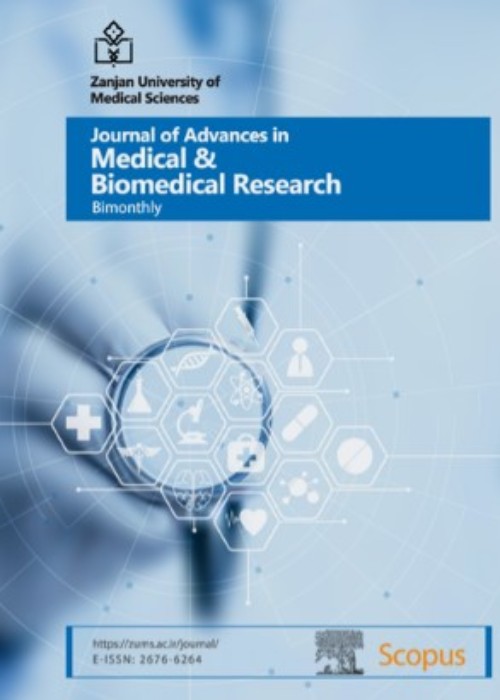Comparison of Delta- PCR and Conventional Fragment Analysis for the Detection of FLT3-ITD Mutations in Paired Diagnosis-Relapse Samples of Patients with Acute Myeloid Leukemia
FLT3-ITD mutation detection has been an integral part of diagnostic work ups focused on acute myeloid leukemia. However, some studies have indicated that the mutation is unstable during the various stages of the disease. The purpose of this study was to evaluate the stability of this marker in paired diagnosis-relapse samples using Delta-PCR method.
In this retrospective study, paired diagnosis-relapse bone marrow or peripheral blood samples from 180 adult AML patients were analyzed for FLT3-ITD mutations using conventional fragment analysis and Delta-PCR methods. A dilutional experiment of DNA derived from a FLT3-ITD mutated patient in normal peripheral blood was performed in order to evaluate the sensitivity of each method.
All samples were analyzed using both conventional fragment analysis and Delta-PCR methods. FLT3-ITD mutations were detected in 24 diagnostic samples (13.3%) and 28 relapse samples (15.5 %) through conventional fragment analysis. Three out of four patients who were FLT3-ITD positive in the relapse samples had a mutation in the diagnostic samples using the Delta-PCR method. On the other hand, at the time of diagnosis and relapse, the mutation test results were incompatible in only 3.6% of patients based on the results of the Delta-PCR method compared to 14.2 based on conventional fragment analysis. Our findings revealed that the sensitivity of Delta - PCR as related to FLT3-ITD detection was 0.2 %. Compared to the conventional fragment analysis, with a sensitivity of 2%, Delta - PCR shows greater sensitivity and specificity.
The conventional testing of the FLT3-ITD mutation by fragment analysis did not detect a significant proportion (11%) of FLT3-ITD positive samples in AML patients. Delta PCR increased the sensitivity and specificity relative to the conventional method. The detection of FLT3-ITD mutation through Delta PCR is important in order to detect minor clones at diagnosis or during the monitoring of AML patients.
- حق عضویت دریافتی صرف حمایت از نشریات عضو و نگهداری، تکمیل و توسعه مگیران میشود.
- پرداخت حق اشتراک و دانلود مقالات اجازه بازنشر آن در سایر رسانههای چاپی و دیجیتال را به کاربر نمیدهد.


